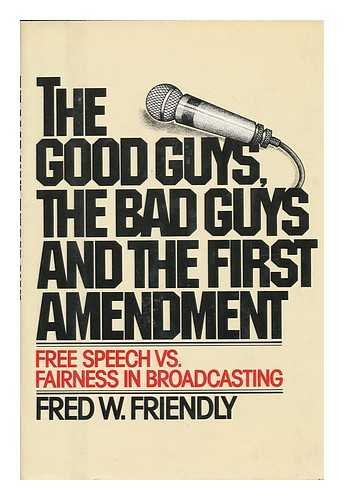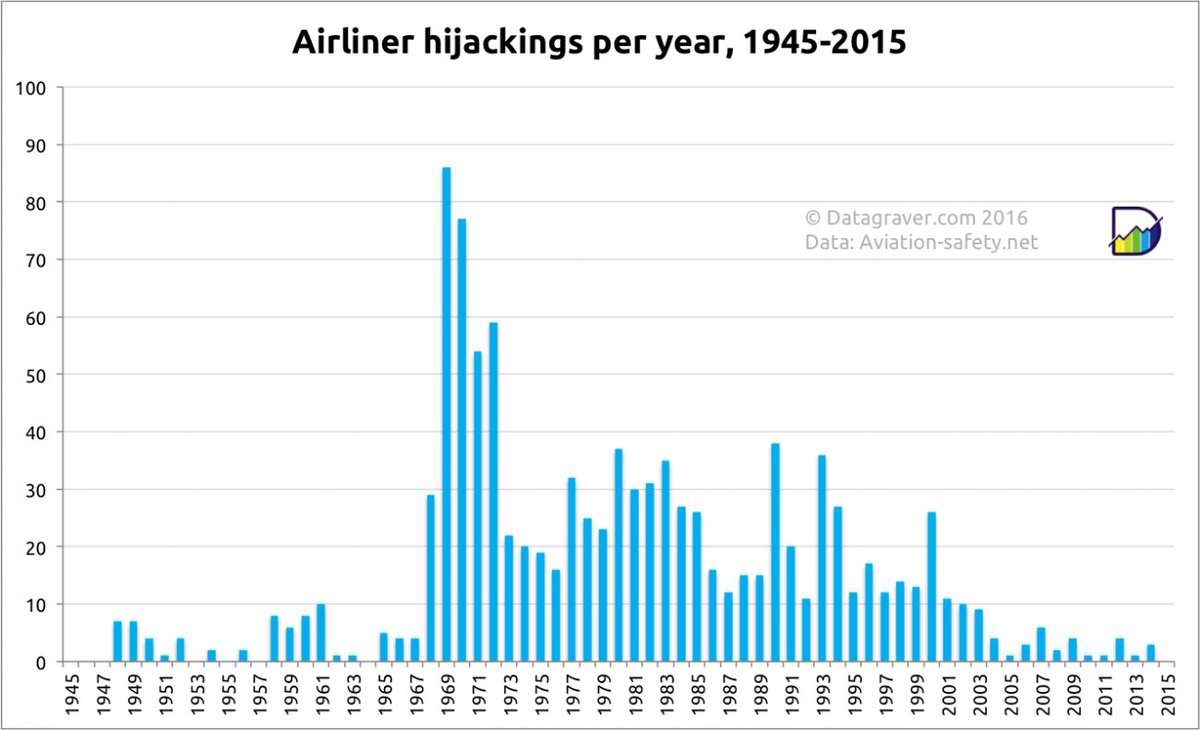
I think what the "antitrust / link payment" crowd misunderstand about the role of digitization in the decline of local news is that online platforms are simply middlemen in what was really a massive expansion in competition *between* news outlets.
Once upon a time, the standard consumer of news had relatively few options. (For sake of simplicity, let's stick to print for now.) There was the local town paper (maybe two); you could subscribe to a regional/state level paper or one of the major national papers of record.
But if you lived in, say, South Carolina, you couldn't get fresh news delivered to you by the local / regional papers in Oregon, and vice versa.
You had a handful of options and you had to pay to subscribe to them. Still, there was enough competition b/t outlets that maybe you could get a discounted annual rate or a hyper-discount for a few weeks.
But the opening of online news marketplaces suddenly meant that you as a consumer had a bewildering array of news options. You could get news from thousands of outlets from across the entire globe.
And the sudden explosion of competition drove down prices for that news. At first, papers made their online content free in order to try and pick up more local paper subscriptions at the margins.
Consumers are only going to dedicate a certain amount of time to reading news, so convincing them to spend that time on *your* paper got real hard, real quick.
And remember that newspapers weren't actually in the business of selling news. News was always a loss leader to attract eyeballs. Newspapers were really in the business of selling advertisements, whether column space or in the personal section.
Subscriptions were just a supplementary source of income; ads were king. Which is why subscription income was the first bit to go.
New competition = drop subscription prices via free online content = keep eyeballs = keep ad revenue.
New competition = drop subscription prices via free online content = keep eyeballs = keep ad revenue.
Of course, eventually the ad revenue started drying up as well as the $$ shifted to the online marketplace operators. It became more worthwhile to pay to put your ad next to the Google News search results than in the Pittsburgh Gazette.
And this has led to the shuttering of many local papers, with negative consequences for local politics and the like. That's real and it's sad.
BUT...
BUT...
It's a mistake to blame the online aggregators. Google et al aren't the fundamental source of competition for local / regional newspapers; digitization meant they had more competition WITH THEMSELVES!
And if you misunderstand the process by which we arrived at this point, your solution to fix the unintended, negative consequences won't work and, indeed, might even make things worse.
Take, for instance, Australia's attempt to charge online aggregators a charge per displayed link. Let's say that the platforms stop fighting it and go along with the plan. What will be the result? Will local news see a revival?
It's highly unlikely. Again, remember that this cycle started not by newspapers competing *with* Google et al, but with each other. That won't change regardless of what you do to Google.
Instead, what you should expect is further consolidation of news production. Larger outlets--national newspapers and the like--will be preferable to local outlets with smaller baked in audiences.
You would expect, then, that the online marketplaces will shift the mix of content even more heavily than is currently the case towards larger, national newspapers.
Bear in mind, some of these papers are not just surviving the digitization transformation but are thriving because of it. It's outlets like the New York Times, Wall Street Journal, and so on which have successfully shifted from ad-first to subscription-first models.
You can imagine them charging the aggregators very little for some of their content in exchange for adding subscribers from across the world on the margin. Local papers, however, will have to charge much more per article to justify the even more marginal return in subscriptions.
So Australia's plan--which misunderstands the source / mechanism of the problem--will likely lead to the rich getting richer and the continued decline of local newspapers.
• • •
Missing some Tweet in this thread? You can try to
force a refresh




